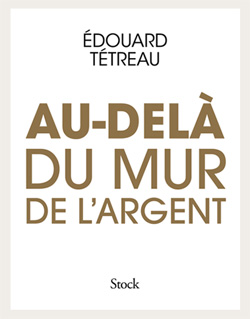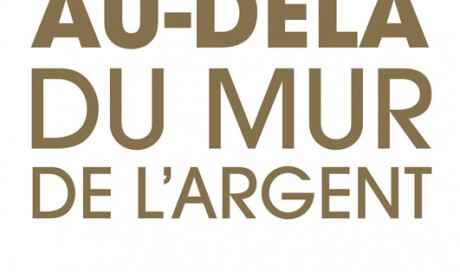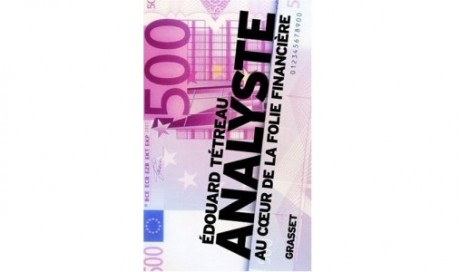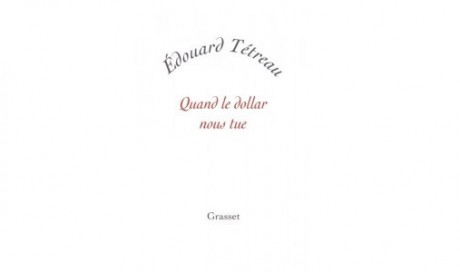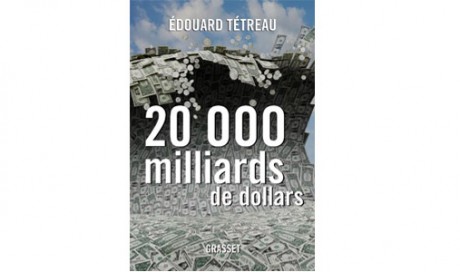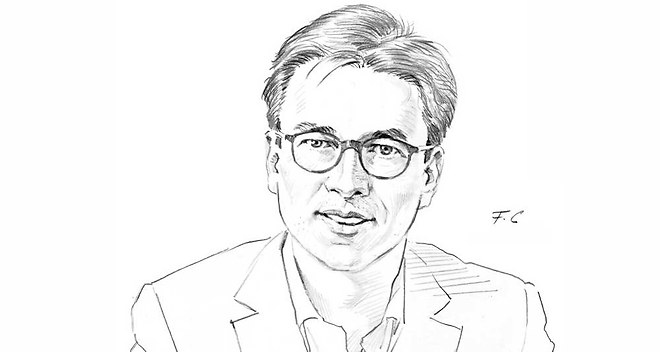
- 123 Views
- 0 Comment
- No tags
(This is a translation of an op-ed published in the French newspaper Les Echos on 3rd December 2014: “Jean-Claude Juncker doit en finir avec la radinerie de l’Europe”)
– PDF version: How the Luxleaks affair could save the Juncker investment plan for Europe.pdf
“In many quarters [of Europe] we encounter a general impression of weariness and aging, of a Europe which is now a “grandmother”, no longer fertile and vibrant. […] the great ideas that once inspired Europe seem to have lost their attraction, only to be replaced with the bureaucratic technicalities of its institutions.”
Who dared to use such critical language last week in front of the 751 members of the European Parliament in Strasbourg? One asks, who dares awaken this assembly from its lethargy, claiming, “we cannot allow the Mediterranean to become a vast cemetery”?
Pope Francis, who will be 78 years old in 15 days, has a talent for roughly and disturbingly speaking the truth. This occurs to the extent thereby forcing political, economic and religious leaders to face their responsibilities – and their failures.
During his speech in Strasbourg, the Pope had a very attentive listener on his right, directly concerned by the calls for accountability and for radical measures. The person in question was Jean Claude Juncker, the president of the new European Commission, who was about to unveil a pillar of his mandate; the much-anticipated €300 Billion EU investment plan.
Much ado about nothing?
Pledging €21 Billion[1] to a European Fund for Strategic Investments (EFSI) is an exploit that will be remembered in Brussels. This paper work, requesting hypothetic private actors not even consulted by the European commission, and suggesting a “leverage effect” of 15 times (why not 150 times?) is not fooling anyone. It is not with a fund representing 0.008% of EU’s GDP that Europe will be able to give its 500 million inhabitants a true common ambition to reawaken Europe’s desire to move forward together. It is also unlikely to give its 25 million unemployed people a tangible hope for jobs in the short or in the medium term. And it gives little reasons for corporates or investors to anticipate a reversal of the current deflationary cycle in Europe, and thus to keep investing – or simply to stay – in Europe.
This investment plan, or absence thereof, will unfortunately discourage voters in France, in the UK, in Italy, in Greece, in Spain and in the Netherlands, to vote for existing government parties in the forthcoming member state elections.
What can Mr. Juncker whose merits have been praised in this op-ed column last summer do to move the Commission and the European Union beyond this predictable and shameful failure? Three opportunities are given to Mr. Juncker. The first is the “Benedict XVI” solution: observing the selfishness and short term thinking of EU member states, in particular its wealthiest member(s), Mr. Juncker should resign with his whole Commission, in order to stress his inability to take decisive action. His successor should then negotiate, perhaps in a more direct, if not, confrontational manner, with these wealthiest and rapidly aging member countries within the European Union, who do not do their part.
The second opportunity, which is even more unacceptable, is the “Elysee-style” solution (2002 to 2014): hanging on to power for the sake of it; making speeches; wasting over €8bn a year to finance the administration of the European institutions. Not changing anything, not even the illusion that Europe can exist in the world of the 21st century, or that it can improve the economic and social life of its citizens, in countries where democracy is taken for granted.
But if Mr. Juncker wants to turn this illusion, which may not last forever, into a reality, he has one final opportunity: the “Pope Francis” solution; take risks and lead by example. In this respect, the former prime minister of Luxembourg of 18 years can do a lot. Luxembourg presents a tax haven of 149 banks, 550 000 inhabitants and 2.2 trillion euros of assets under management. It is time for this Grand Duchy, which owes its financial existence to the European community that settled there in 1952, to give a part of its excess wealth back to Europe (the GDP per inhabitants in Luxembourg is 2 to 4 times higher than the GDP of the EU’s largest countries). How? We can draw our inspiration from the secret tax “optimization” agreements between more than 300 multi-national companies and Luxembourg, recently revealed by ICIJ investigative journalists. Would these companies’ reputation and the quality of their global brands really suffer if they were offered the opportunity to contribute to Europe’s growth and job creation in a decisive manner?
Most of these groups are headquartered in the US, thereby benefitting from a significant tax advantage if they don’t repatriate profits in the form of dividends to the US (otherwise they would be subject to pay 35% of the repatriated amount).
A self-respecting European Union would require them to contribute as little as 10% of their undistributed earnings. Much of which are currently parked in Luxembourg safes. Currently, these sizeable reserves are of no benefit to the European markets in which the companies operate.
This contribution should not be restricted to Luxembourg – based companies. It ought to be extended to the EU’s other large offshore financial centres, such as London, Ireland, Malta and so on- all candidates for a future ICIJ enquiry. If the “Luxleaks” case could progress towards these first positive steps, rather than to Mr. Juncker resignation, who would complain?
Edouard Tétreau is the Managing Partner of Mediafin (www.mediafin.fr) , Senior Policy Fellow and Head of Paris Office for the European Council on Foreign Relations (www.ecfr.eu)
[1] €16bn available as a guarantee and €5bn made available through the EIB.
OUR RECENT
WORKS
-
20000 Milliards de…Book
Warning: Invalid argument supplied for foreach() in /home/edouardt/www/wp-content/themes/edtetreau/includes/part-portfolio.php on line 54
Warning: Invalid argument supplied for foreach() in /home/edouardt/www/wp-content/themes/edtetreau/includes/part-portfolio.php on line 54
Warning: Invalid argument supplied for foreach() in /home/edouardt/www/wp-content/themes/edtetreau/includes/part-portfolio.php on line 54


